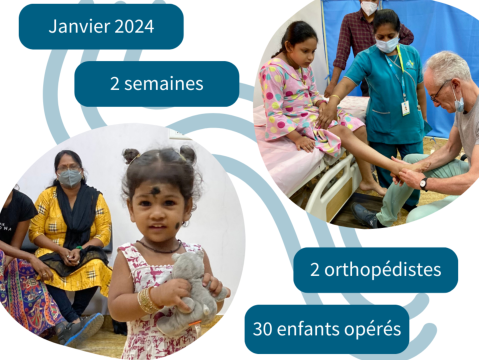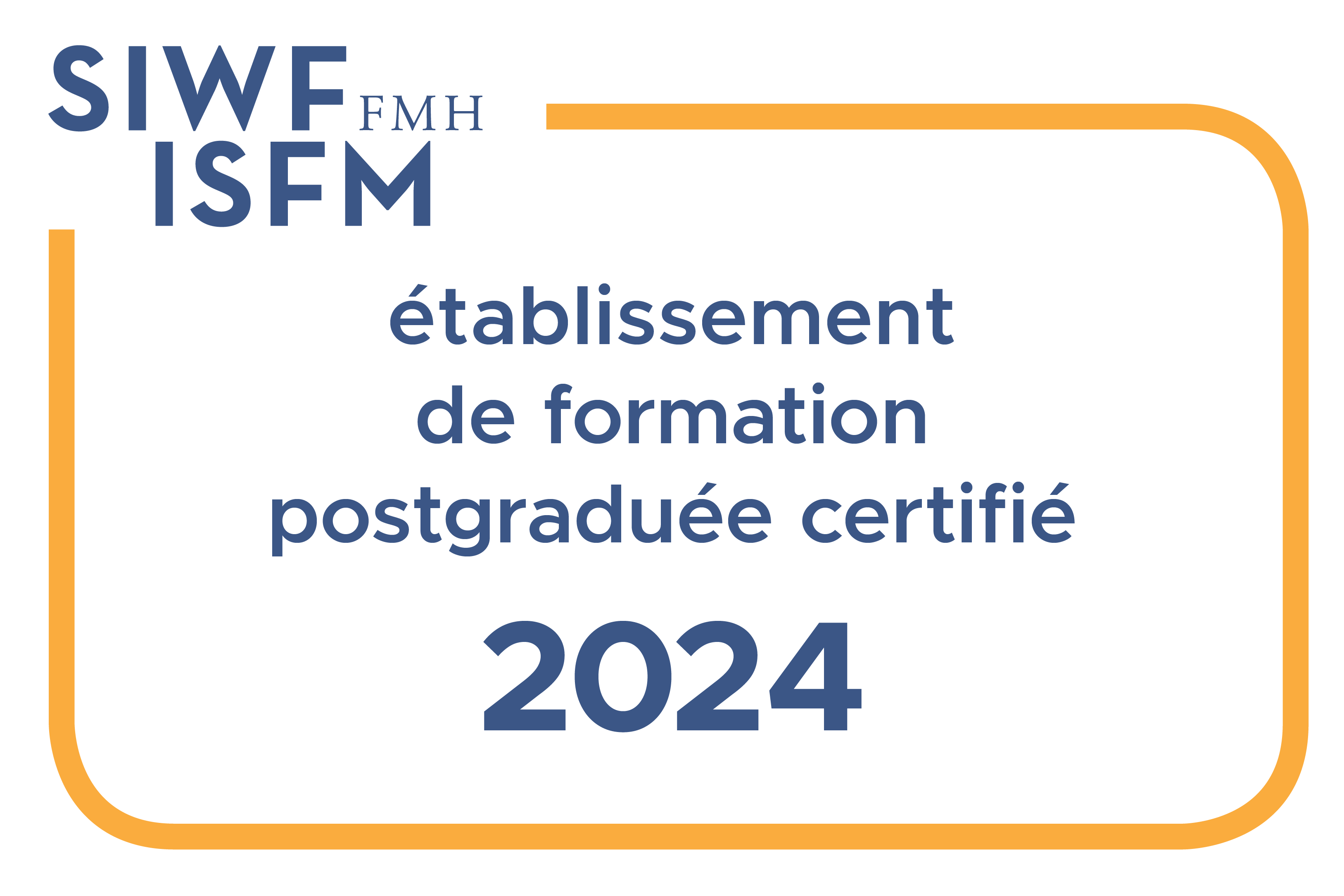News
For a successful post-operatory recovery, follow these tips
When surgical intervention is necessary, our team does everything possible to ensure that it all takes place under the best possible conditions. Once the operation has been carried out, it is your turn to take a few precautionary measures to enable the complete success of your operation. Follow these essential instructions to ensure your good recovery:
Convalescence
Surgery is a stressful experience for your body. In order to recover from this stress, it is important to rest and allow your body to recover. We recommend keeping travelling to an absolute minimum during this period.
Healing
After surgery, giving yourself time to heal is vital. Skin requires about 3 weeks to heal and bones approximately 3 months.
Shoes and crutches
When travel is unavoidable, you must wear the shoe we provide or the plaster, and use crutches.
Elevation of the leg
In order to avoid complications such as swelling (water accumulation), it is important to keep your leg elevated, above the knee-level, as soon as you leave the clinic.
However, it is common for swelling to persist even after the pain from the surgery has subsided and this should not be a cause for concern.

It is important to realize that the leg and foot are parts of the body that are under great strain. Our feet support us all day long and bear the weight of our body with every step, all over an area that is not very muscular and consists mainly of bones and ligaments.
Did you know, for instance, that the cumulative weight carried by our feet on a daily basis corresponds to 337 African elephants or 3 Airbus A-380s? This comparison illustrates the importance of not neglecting the resting phase following surgery.
A post-operatory follow-up appointment is organized after your surgery and this will be an opportunity for you to discuss the different stages of your recovery with the medical staff and to receive answers to any questions you may have.
Other articles that may be of interest to you



